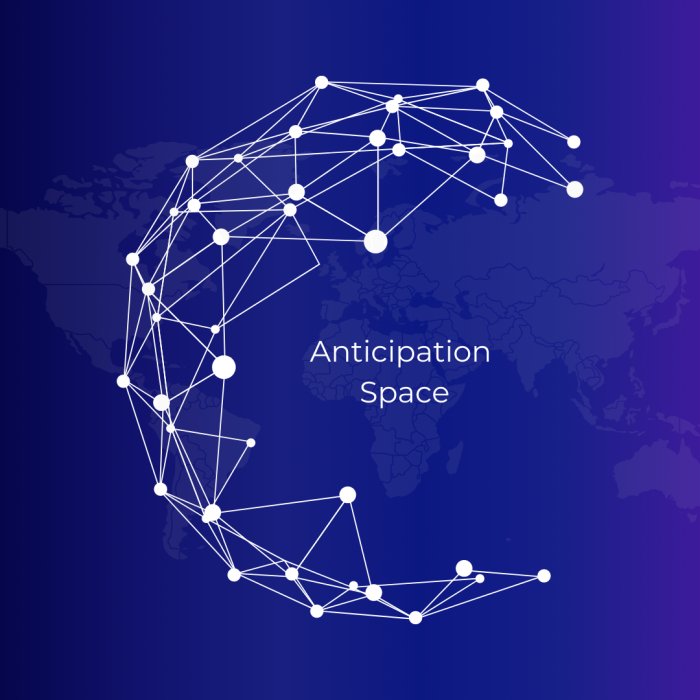Research and Policy Advice
Today’s complex security challenges require careful analysis and smart ideas.
We assist states’, international organisations’ and firms’ analysis, policy-making and decision-making to help develop smart solutions to pressing challenges.
GCSP’s Research and Policy Advice is offered in various forms:
- Publications and research projects for understanding new trends and issues;
- Studies exploring questions according to specific needs;
- Public discussions and conferences to share new thinking;
- Workshops to jointly develop new insights;
- Tailored advise for policy- and decision-making.
Our portfolio covers a wide range of topics, in particular:
- Strategic anticipation;
- Geopolitics and global risks;
- Multilateral security cooperation;
- Emerging and disruptive technologies;
- Arms control and disarmament;
- Terrorism and organized crime;
- Peace operations and peacebuilding;
- International security law.
Geneva Security Debates
The Geneva Security Debates consist of public discussions on current security challenges. Uniting the world’s leading thinkers and practitioners for interactive discussions, the Geneva Security Debates inform policy makers in Geneva for new insights, joint reflection and networking.
Current projects
The Future of Peace and War
The Future of Peace and War aims at developing the methodological frameworks and tools to better identify the relevant trends and counter-trends shaping the future of peace and war. This work, in collaboration with the Geneva Science and Diplomacy Anticipator (GESDA) and the Columbia University’s SIPA Kent Leadership Programme on Conflict Resolution, will lead to the establishment of a permanent forum advising high level policy makers on the nature of future conflicts and the ways to address them.
The Processes of International Negotiation (PIN) program
The GCSP is now home to the Processes of International Negotiation (PIN) program, a network of integrated negotiation academics and practitioners, in partnership with the Anwar Gargash Diplomatic Academy (AGDA). As host institution, the GCSP can now count on the expertise of PIN's negotiation experts for its education, dialogue and research activities as well as contribute to PIN’s cutting-edge negotiations research and analysis. This joint collaboration has culminated in a project titled “Redefining Multilateralism in a New Geopolitical Era” at the GCSP.
Rule of Law and Human Rights Aspects of Using Artificial Intelligence for Counter-Terrorism Purposes
In collaboration with the United Nations Security Council Counter-Terrorism Committee Executive Directorate (CTED) and the Federal Department of Foreign Affairs of Switzerland (FDFA), the GCSP seeks to support the advancement of policy discussions and analysis on human rights-centred approaches to the use of AI for counter-terrorism purposes.
International Defence Innovation Project
The International Defence Innovation Project (IDIP) aims at establishing a solid understanding of the driving factors, key implications and related themes of defence innovation. In partnership with the Swiss Armed Forces and Stanford University, the GCSP spearheads the effort to create knowledge, gather leading practitioners and share insights and best practices.
Anticipation Space
The Anticipation Space event series at the GCSP offers a setting for forward-looking exchange and discussion on issues that need greater attention today to be better prepared for tomorrow. Grounded in strategic foresight, the Anticipation Space series supports efforts to explore multiple possible futures in a structured, policy-oriented way—enhancing the ability of peace and security actors to anticipate and navigate emerging challenges. Recent Anticipation Space events include “In Conversation with Colonel Joachim Isacsson on Global Strategic Trends” (December 2024) and, in collaboration with the Atlantic Council, “What Now and What Next: Global Foresight for 2025 to 2035” (April 2025).

Past Projects
The Geneva Process on AI Principles explores and clarifies the meaning, operationalization and legal implications of new policies and principles on the use of military artificial intelligence (AI).
The project Outlook and Opportunities in the MENA Region assesses current and future challenges to the region as well as potential developments, with the aim of developing policy options and recommendations for the next Swiss MENA Strategy.
The project Trends and Implications of Military Robotics analyses the different advances of military robotics and explores the most salient developments at the global and European levels.
The project Strategic Foresight in Ministries of Foreign Affairs explores how ministries of foreign affairs around the world use strategic foresight and other anticipatory practices to conduct long-term planning by identifying good practices and analysing institutional foresight capacities.
In cooperation with the Effectiveness of Peace Operations Network, the GCSP is leading a study on the role, relevance and impact of UNTSO. The purpose of the project is to explore best practices, challenges, and identify innovative approaches that can inform the development of future options and models for peace operations and missions.














